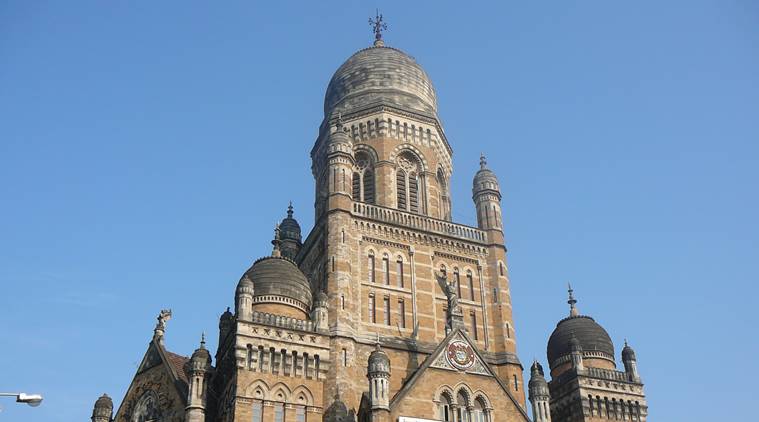
The National Green Tribunal’s (NGT) stay on effluent discharge norms for Sewage Treatment Plants (STP) has come as a setback for the Brihanmumbai Municipal Corporation’s (BMC) Sewage Disposal Project (MSDP) – II. After the stay order, the civic body is being forced to put on hold the process of appointing contractors for upgradation of six sewage treatment plants. BMC officials, however, feel that it could be detrimental for Mumbai’s coastal water and marine environment as the quality of sea water near the city is already deteriorating due to primary treatment of sewage.
Under MSDP-II, the BMC has proposed to upgrade seven sewerage zones to cater to the sewage discharge of the city for the next 25 years at a cost of Rs 15,000 crore. The stay granted by the tribunal on an October 2017 notification issued by the Ministry of Environment, Forests and Climate Change, which allegedly diluted standards for effluent discharge, particularly from sewage treatment plants, will cause further delay in project that was expected to start about a decade ago. Now, the BMC will have to wait till the stay is vacated or the final order comes. According to officials, of the seven proposed Waste Water Treatment Facilities or STPs, work on the Colaba plant has started. The BMC had invited tenders for the upgrade of STPs in Worli, Bandra, Versova, Ghatkopar and Bhandup. The Malad plant is awaiting clearance from the forest department.
Mumbai shoreline one of the most polluted in world
The quality of Mumbai’s sea water is steadily worsening, making it one of the most polluted shorelines in the world. Analysis of coastal water by the Maharashtra Pollution Control Board shows that Water Quality Index of the city’s beaches is worst, indicating the presence of high level pollutants. The city generates about 2,800 million litre of sewage daily of which about 1,800 million litre untreated sewage is discharged into the sea.
“We had appointed consultants for all STPs and tender was invited for the existing primary level STPs. We got responses and some bids were opened. We were close to appointing contractors for five STPs. But the NGT order has come as a setback. Earlier, the project was stuck due to delay in finalising effluent discharge norms by environment ministry,” an official said.
He added: “The project was brought on fast track after putting in a lot of efforts by BMC officials… The ministry’s draft notification had proposed stringent norms, which could have been very costly (to implement).” Another official said they have sought legal opinion to decide on further course of action. According to BMC’s Environment Status Report (2017-18), E. Coli in sea water at Colaba, Worli and Bandra was exceeding the prescribed standards. According to the notification issued on October 13, 2017, the effluent discharge norms for STPs should be a maximum of 20mg/l for biochemical oxygen demand, 50mg/l for total suspended solids and 1000/100ml for most probable number in all metro cities across the country.
A petition filed by Nitin Shankar Deshpande at NGT in December alleged that the ministry had diluted the norms. NGT had stayed MoEF’s notification and the next hearing will be on April 16. Speaking to The Indian Express, Municipal Commissioner Ajoy Mehta said: “We are examining legal options to decide further course of action.”